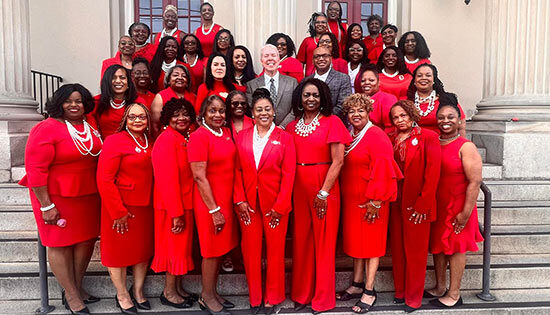by Gary Wisenbaker
“All animals are equal, but some animals are more equal than others.”
Thus proclaimed the motto of the animal created socialist utopia as described in George Orwell’s novella, Animal Farm.
Readers will recall how the animals revolted and took over Mr. Jones’ farm. At first they ran it as a “committee of the whole”, only to have the decision making power eventually usurped by one of the pigs, Napoleon.
Initially the committee’s purpose was to secure the safety and prosperity of the newly created enterprise. But that changed.
Soon more intrusive decisions were dictated by Napoleon and the central committee. Napoleon reminded the other animals that “those that live simplest are the happiest” and, therefore, the thinking was best left to the central committee.
This is the essence of “central planning”.
Although an allegorical expression of what can go wrong when the governed allow their leaders to think for them, even under socialism in Orwell’s narrative, the fable has modern day application in capitalist America, especially when it comes to private property rights.
A cornerstone of capitalism is the sacrosanctity of private property rights, or the right of individuals to own personal and real property without government interference.
The concept has evolved to allow certain exceptions to the unfettered right of ownership. Property, both real and personal, for example, is subject to taxation and the legitimate exercise of the government’s police power or “the power to regulate for the advancement and protection of the health, morals, safety or general welfare of the community as a whole.”
As to the latter, counties and municipalities exercise that power through zoning ordinances and building codes. Governments use these legitimate powers to reflect the kind of communities it wants by regulating population densities, subdivision lot size and setback lines, and land use, for example.
Lately, however, a new trend has developed across the country where cities and counties are reaching beyond these universally accepted regulatory schemes by imposing aesthetic restrictions as well. For example, the type of material that can be used in home construction, window spacing, garage location, and exterior design are now subject to governmental regulation in some jurisdictions.
This overreach goes beyond the pale of the government’s legitimate and recognized police power as expressed in zoning and related regulations.
And it is dangerous as well.
When the bureaucracies get into the home design and non-structural material preference business, it limits builders’ choices, hence homebuyers’ choices since it drives up costs.
Higher costs means the bureaucrats are determining who can afford and buy a home and who has to stay a renter.
Unless curbed, this practice could bring about the demise of the starter home or blue collar subdivision which are essential to industrial development.
Georgia is not immune from this trend. To rein in the government’s proclivity to over regulate, HB 302 has been introduced in the Georgia House of Representatives.
This legislation protects home buyers and the residential construction industry from this overreach without limiting in any way at all the legitimate zoning and building code authority of the locality’s boards and commission. “Local control” or “home rule” is preserved in its traditional and proper role, contrary to some assertions by its opponents.
City and country managers and planning commission or zoning commission members are dedicated, hardworking public servants performing necessary and often thankless tasks.
But they are in the public, not private, sector and should not venture into the territory of aesthetic design restrictions in residential construction. Those decisions are best left to the private sector and governed by the principals of supply and demand.
To do otherwise makes some homebuyers “more equal than others” and ventures into the realm of identity politics where the wealthier homebuyer has more choices than the first time or less affluent homebuyer.
And identity politics, as has been amply demonstrated by today’s Democratic Socialists, both in Georgia and nationwide, is one of the first building blocks of socialism.
All homebuyers are not equal. That some are less affluent than others should not limit their aesthetic choices in selecting an affordable home. Such a decision is best left to the individual, not the government.
Georgia’s Legislature should pass HB 302 and support increasing homeownership rather than the expansion of the breadth and scope of government.











